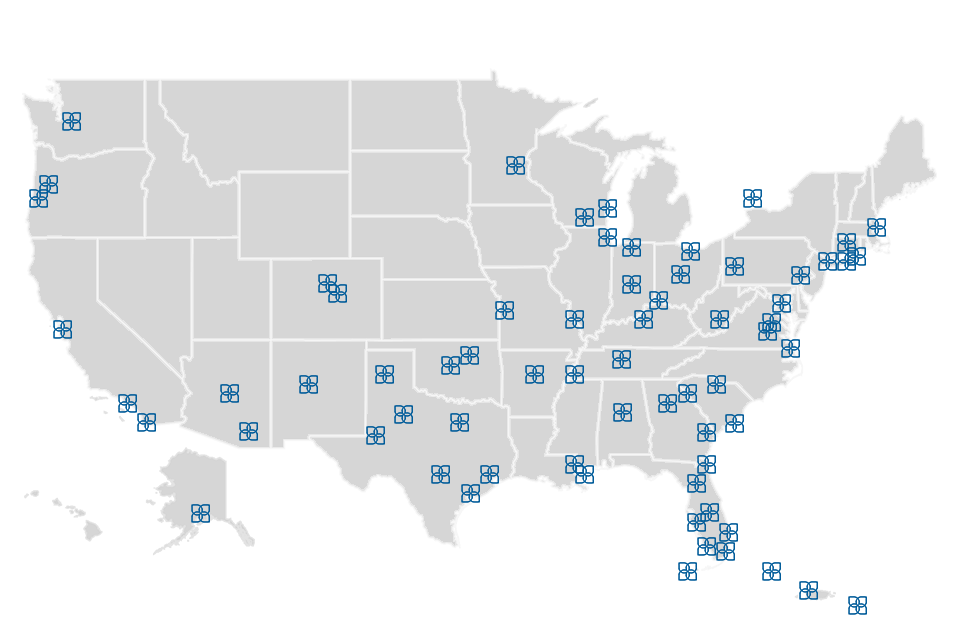
Jul 22, 2024, by John Plasencia, Managing Director
Download a PDF version of Hospitality Industry Insights – Pace, Privacy, Precision. Why Off-Market Processes Can Yield Successful Results in Hotel Sales
In an environment of limited transaction volume, would-be sellers of hotels are increasingly hesitant to go to market in an expansive sale process. While broad marketing processes can be very successful and are often the best option when selling an asset, especially when the debt and equity markets are hot, there are some potential pitfalls to going this route, which become more prevalent when the transaction market is less than robust. These issues are outlined below.
Potential Challenges with a Broad Marketing Process in Present Marketing Conditions
- “Shop wear” If a broad marketing process fails, it can establish a stigma in investors’ minds that can be tough to shake in future sale attempts.
- Employee Risk Members of a property’s executive team may get spooked by the prospect of a hotel sale and opt to find another, seemingly more secure position at a different property.
- Property Disruption Even if there was not a risk of key employees leaving, the routine disruption on property caused by many tours, diligence requests, and other deal necessities takes staff away from their day jobs and can affect performance and morale.
- Length of Process A property can sit on the market for months, even before a call for offers, LOI negotiation, PSA negotiation, due diligence, and closing.
- “Tire kickers” Only a small subset of those who review a broadly marketed deal will ultimately have a serious interest in buying a given hotel.
In many cases, especially when the transactional market is functioning normally, the broad exposure of a traditional marketing process is warranted, and such processes can yield great results by scouring the entirety of the market, building a deep pool of bidders, and maximizing price through competition. Because those deep buyer pools are difficult to build today and most of the traditional buyer universe remains on the sidelines, off-market processes are an attractive tool to navigate current market conditions.
In off-market processes, an advisor can target a handful of the most likely candidates to buy an asset. These prospects can include those who own other properties nearby, those who have targeted a given submarket (or even specific hotels), or those who have been competitive in processes for similar hotels. By being included in an exclusive process, prospects are motivated to be all the more diligent, responsive, and aggressive in their underwriting.
These processes limit the “shop wear” associated with broader processes as they are only exposed to a few motivated buyers. If the hotel doesn’t trade, the vast majority of the market is none the wiser. Off-market processes also limit the drag on key hotel employees; rather than dealing with dozens of tours and diligence questions, they only have to address a few. Off-market deals also take a fraction of the time of broader processes. Given the motivation of the included prospects and the direct, personal outreach, underwriting can be done in a matter of days and indications of interest can be in a seller’s hands in short order.
The off-market deal can be an effective tool in bringing about the efficient and successful sale of a hotel, especially in the current relatively stagnant transaction environment. If you are considering selling a hotel, please give us a call to discuss whether an off-market approach, or another marketing method, is best to achieve your investment goals.
For more valuable hospitality industry news and market analysis from The Plasencia Group, be sure to opt in to our news and communications list.


